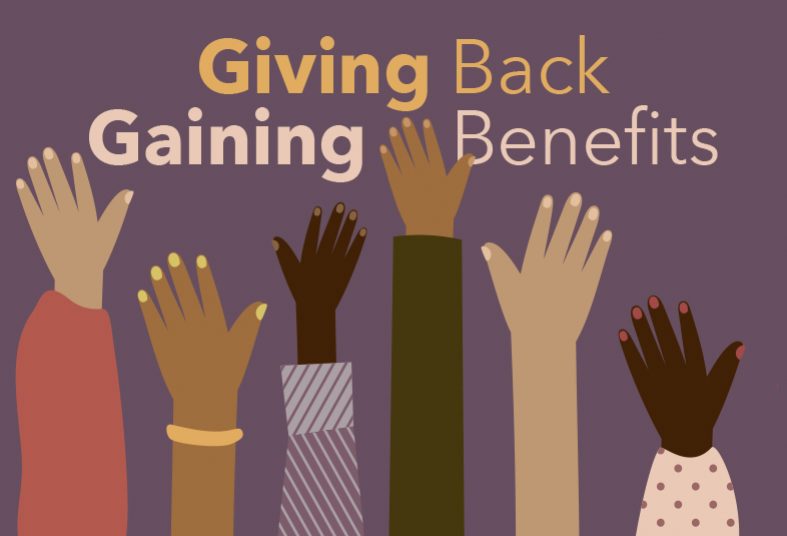Academy volunteers sound off on the advantages of serving on a committee or work group
The Academy’s 1,000+ volunteers are the lifeblood of the organization, working with staff to deliver over 300 resources annually to benefit our members and the many stakeholders we serve.
To mark National Volunteer Week and put a spotlight on the impact of our volunteers, Contingencies sat down with five actuaries at different stages in their careers to hear their thoughts about their experience volunteering for the Academy. What follows is a lightly edited discussion about the benefits of volunteer service and the importance it represents to the organization and the individuals.
- What initially motivated you to volunteer for the Academy, and how has that motivation evolved over time?

Maambo Mujala
Chairperson, Variable Annuity and Capital Subcommittee
My manager at the time thought it would be a good idea to get involved in more industry-related volunteer activities. While that’s why I initially started volunteering, it quickly became clear that I would continue volunteering due to my increasing passion for public policy work.
~ ~ ~ ~ ~
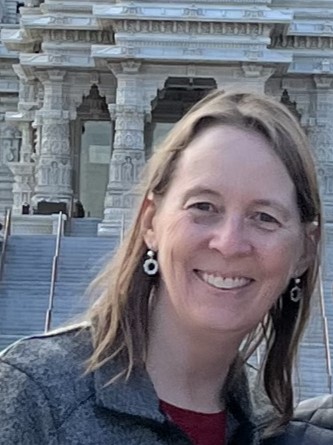
Connie Rydberg
Member, Retirement Policy and Design Evaluation Committee
I was at a point in my career where I was looking for some new volunteer opportunities, and I always admired the Academy’s focus on providing fact-based insights and analysis. So, I decided to raise my hand to volunteer, joining the Retirement Policy and Design Evaluation Committee in January 2023.
~ ~ ~ ~ ~
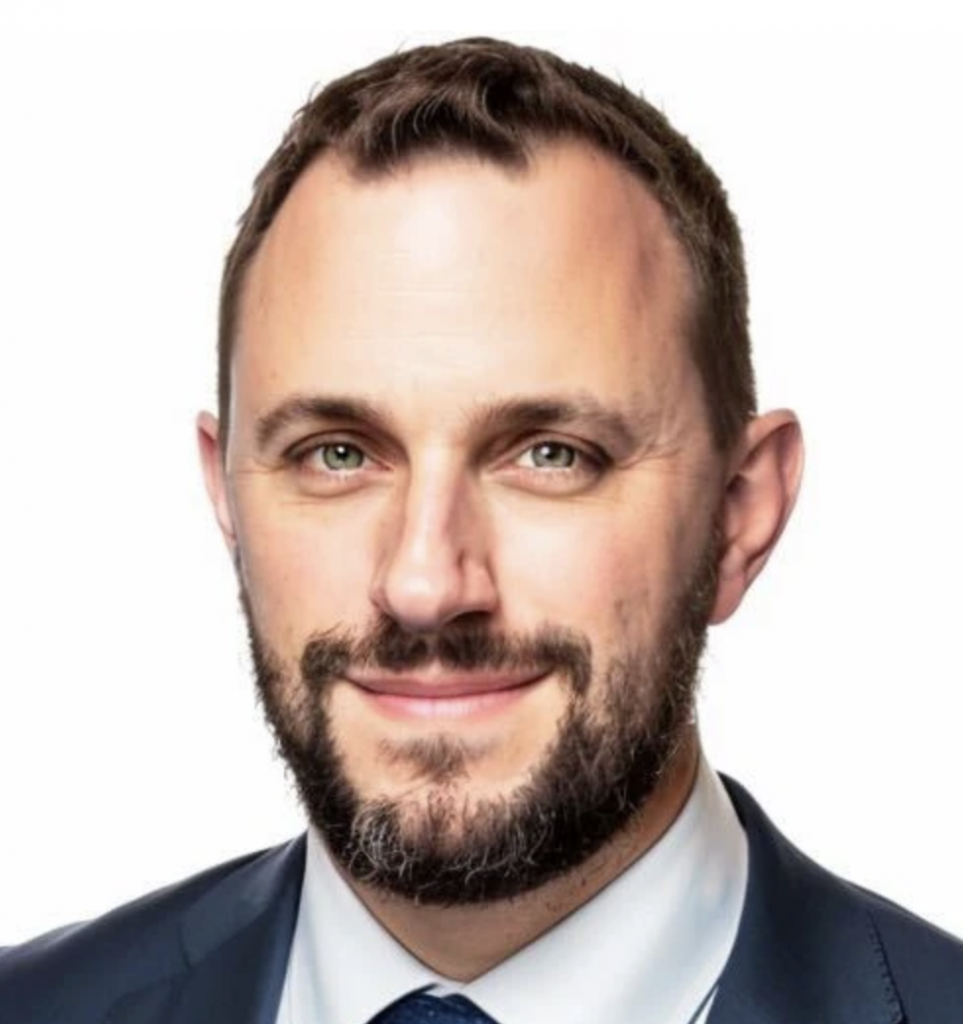
Colby Schaeffer
Member, Medicaid Committee
I was initially interested in the Medicaid Committee given my work in the space. I have continued to be heavily involved there, but I’ve also dabbled with the Telehealth Work Group and the LTC Medicaid Subcommittee.
~ ~ ~ ~ ~
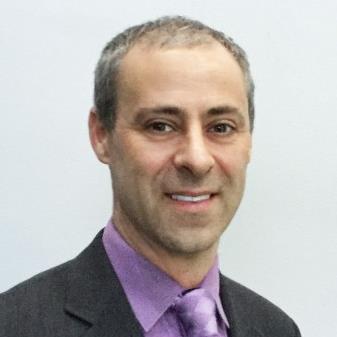
David Schraub
Chairperson, Artificial Intelligence Subcommittee
Taking advantage of the professional peaks and valleys in my workload, I decided to volunteer for the Academy on topics that are intellectually challenging and interesting for the profession.
~ ~ ~ ~ ~
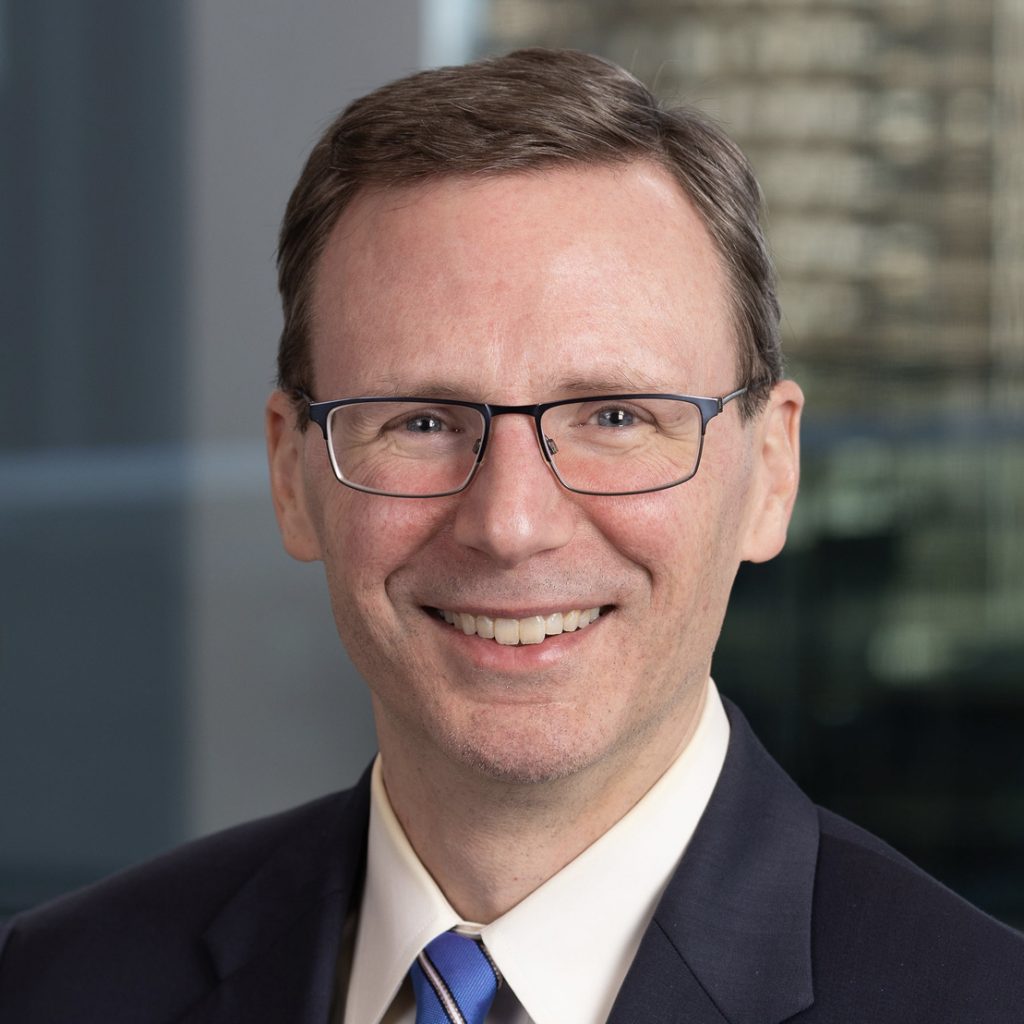
Matt Wininger
Chairperson, AI Task Force (Committee on Professional Responsibility)
I wanted to learn more about topics that impact my job, broaden my perspective, and develop expertise.
- Reflecting on your time volunteering with the Academy, what accomplishments are you most proud of?
CS: I’ve written a couple articles and conducted webinars, but I feel the most impactful work has been through the issue briefs, as they’re very informative to the public and the many stakeholders we serve.
DS: I feel like I am just in the beginning of my time volunteering. However, I am really pleased for my early wins, including having organized the volunteer group, recruited missing expertise, and finished planning for the next 12-24 months. And numerous discussions within the team and outside the team comfort me in the topic selection for late 2024 and early 2025—continuing on model governance, model validation of “traditional” AI / ML tools, and starting to work on generative AI.

CR: The accomplishment I’m most proud of is leading a group of volunteers to write an issue brief [expected to be published later this year]. I was initially hesitant to lead this effort after just six months on the committee, but it has been an incredibly positive experience. I am very proud of the research and insights that our collaboration have produced.
MM: It is hard to pinpoint one particular thing that I am proud of at the Academy. I have enjoyed every opportunity to volunteer on various committees, ad hoc task forces, chairing/co-chairing groups, serving on the Board and representing the Academy in external events. Each of those opportunities has been enriching in different ways—from being able to expand my network, increasing my actuarial expertise, and contributing to public policy. I am always amazed and motivated by the other passionate volunteers that I get to interact with and have been able to expand my professional relationships as a result.
MW: What I’m working on now! I’m working on the Committee for Professional Responsibility (COPR) to build a job aid on professionalism considerations for artificial intelligence. The technology and the professional impacts are new, so we hope practicing actuaries at all levels will find this relevant and valuable.
- How has being part of the volunteer cohort of the Academy impacted your personal or professional growth?
DS: The benefit of volunteering, in addition to its main purpose of supporting the profession, is the knowledge it provides. Confronting one’s ideas with others sharpens everyone’s understanding of the topic at hand. And with the very diverse group—life, health, P&C actuaries; junior, senior; technical or generalist—we always have healthy, cordial, and constructive debates.
MW: Volunteering has given me a broader perspective and awareness of work quality that I bring back to my day job.
CS: It has refined the way I approach technical writing. More importantly, it has given me opportunities to learn from colleagues beyond my coworkers.
MM: I am constantly learning and being challenged by the people I am surrounded by at the Academy. They provide a view that I am not sure I would have been exposed to if I had not volunteered.
On a personal note, I have been able to get out of my comfort zone a lot more by taking on more leadership roles within the Academy.
CR: My volunteer work with the Academy has been so much broader and deeper than what I’ve focused on in my professional career. It has been the mental equivalent of traveling to another country and seeing the world through a new lens. In the same way, my work with the Academy has expanded how I view and understand our U.S. retirement system.
More specifically, nearly my entire career has been consulting to large organizations that sponsor defined benefit (DB) plans, with a focus on the employer’s perspectives and needs. My volunteer work with the Academy, however, encompasses so much more: public employer plans, small employer plans, Defined Contribution (DC) Plans, etc. I’m enjoying the challenge of assessing our U.S. retirement system from so many more diverse angles and perspectives than what I’ve been exposed to in my consulting career.
- In what ways do you feel your participation with the Academy has strengthened your sense of community with other actuaries?
CR: I’m proud to be working with so many actuaries that want to make the world a better place. My volunteer work with the Academy has given me the opportunity to meet—and learn from—so many actuaries outside of my usual circle, and they have welcomed me into their community.
MM: Within the Academy and other actuarial organizations, volunteering has helped me find people who are always ready to roll up their sleeves to improve the profession. Being surrounded by them continuously motivates me to contribute and give back to a profession that has given so much to me already.

CS: As mentioned above, I relish the chance to learn from actuaries who are not my colleagues—and volunteering gives me that opportunity.
DS: Working for the good of the profession, commenting on draft regulations to point out possible unintended consequences, educating actuaries on important topics—this feels very rewarding. Actuaries genuinely help make society a better place. Go team actuaries!
MW: As a COPR member. I was invited to speak about professionalism at the Philadelphia Actuaries’ Club fall meeting last year. I enjoyed connecting with other actuaries in person, that I wouldn’t have met otherwise.
Several of the younger actuaries were under the impression that I was employed by the Academy. When I explained I’m a volunteer—that I took time from my regular day job to speak about professionalism—it made quite the impression on them: It means that this topic is so important for the profession I did it on my free time.
- How does the Academy help support your efforts as a volunteer?
DS: Staff support is instrumental in providing the right environment for volunteers to focus on the content. From the administrative tasks around meetings to the Hill visit logistics, knowing you can rely on the staff is tremendously helpful.
MM: The Academy staff has always been supportive in providing resources that are needed by the volunteers. They are always attentive to our requests and are always looking to improve our internal processes that would make volunteering easier.
CR: The Academy has been very welcoming and inclusive. Even though I am relatively new to volunteering with the Academy (just 1½ years), I was welcomed and encouraged to dive in from the start, and I felt my perspective was valued. My volunteer work has pushed me outside of my comfort zone at times, but always in an environment of encouragement and appreciation.
MW: Excellent staff support. I’ve been working with Virginia Hulme on several groups for years, and she provides thoughtful advice and context, and connects me to people that help achieve our goals. I really appreciate working with Virginia and other Academy staff.
CS: It can be tough to balance actuarial volunteer work on top of work duties, let alone balance that with the other responsibilities of life. What makes it easier is that the Academy staff are appreciative of the volunteer efforts and help keep the work very organized, which in turn reduces the amount of pressure on actuaries involved with volunteer work.
- What advice would you give to someone considering volunteering for the Academy?
DS: Picking the right topic is obviously important—marrying expertise and interest. But even more critical and seldomly shared, I would like to cover the power of saying “No.” I suggest that the volunteer should assess his/her availability and carefully select the work group to contribute. Saying “no” to additional opportunities will allow the volunteer to deliver on the commitment and avoid the frustration of all team members toward the overcommitted, underdelivering volunteer, which also means another volunteer with more time or interest has the opportunity to serve.

CS: Join a subcommittee of interest, engage, and be curious. Don’t be shy in offering up your expertise, even if you might feel you have less experience than others in the virtual room. We all have something to learn from one another—that’s one of the most important value-adds from the volunteer work.
MM: There are numerous benefits to volunteering. I would encourage any early-career actuaries to consider volunteering because they can provide so much insight to the Academy that may at times be underrepresented. It is such a great way to build confidence expand your professional network, while also increasing your actuarial knowledge and expertise. At the very least, get continuing education credits!
CR: If you have the time, volunteering for the Academy is a great experience—I highly recommend it! It will expose you to things you likely won’t see in your regular job and challenge you to think differently. You’ll also have the opportunity to meet, and learn from, some incredibly talented actuaries.
MW: Start early. You needn’t be a deep subject-matter expert to volunteer. The fun part is building that expertise jointly with others.
The Academy would like to thank its dedicated volunteers for their tireless service—we couldn’t fulfill our mission to serve the public and the U.S. actuarial profession without you.
For information about volunteer opportunities at the Academy, click here—and watch for the annual Call for Volunteers survey, coming this summer.


